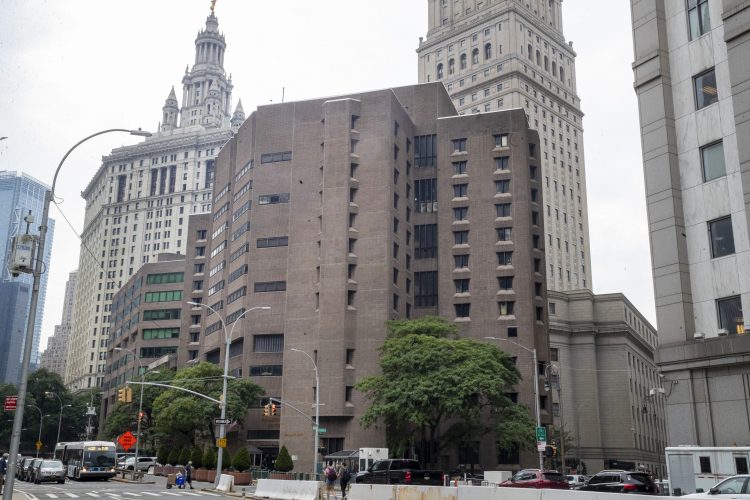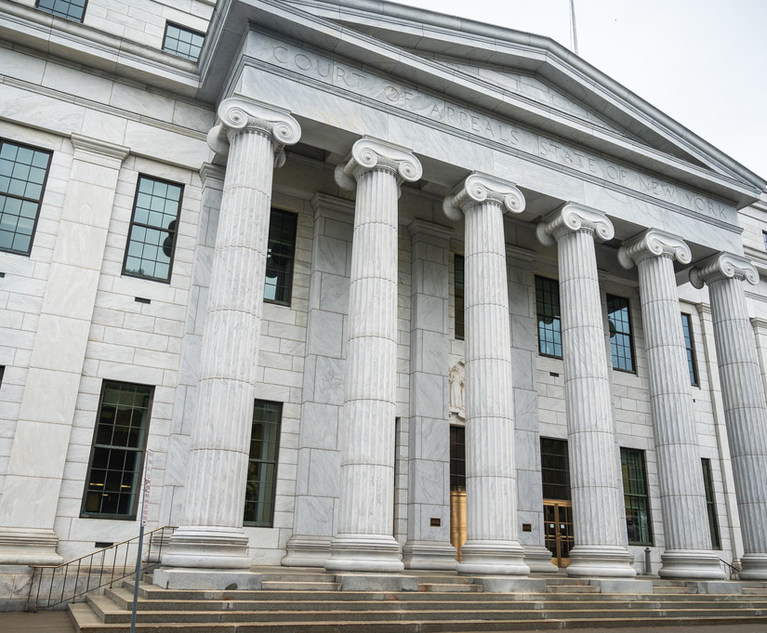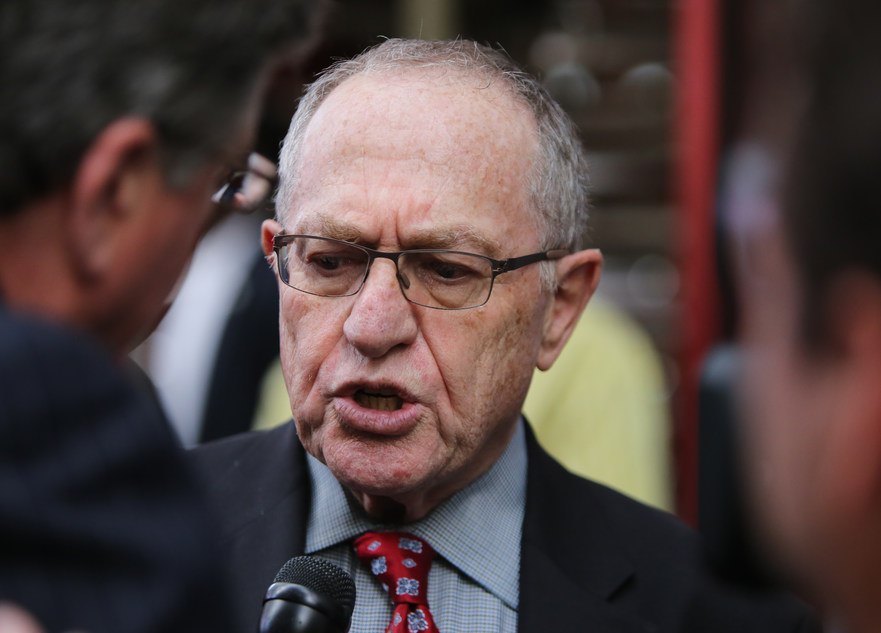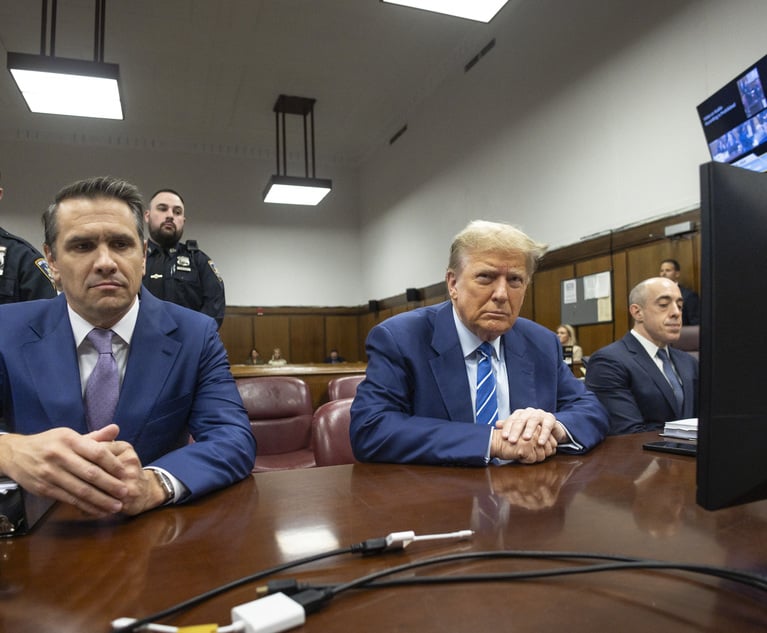The Metropolitan Correctional Center in lower Manhattan, the site of the suicide of Jeffrey Epstein, is in shambles. Forty years ago we tried to do something about the MCC’s deplorable conditions but failed when in Bell v. Wolfish, the United States Supreme Court threw out lower court opinions we had won that would have brought the protection of the United States Constitution to that dark place. Lost in all the attention that has been focused on the Jeffrey Epstein case and the MCC is the critical role the United States Supreme Court played in permitting the MCC to be a site where suicide and other mayhem is more likely to occur.
Four decades ago we were attorneys for detainees in the Wolfish case, which challenged conditions at what was at the time the newly constructed MCC, a supposedly state of the art jail in lower Manhattan. At trial, we showed that conditions at the MCC, including rampant overcrowding and failure to respect basic rights of detainees, fell below minimum standards of decency. The distinguished federal district judge who heard the case, for the most part, agreed and ordered sweeping relief for our clients. A unanimous Court of Appeals upheld that decision, noting that courts have an obligation to act when prison and jail conditions “shock the conscience of civilized men.” These lower court rulings joined many others at the time from around the country, asserting the time had come for jails and prisons to be subject for the first time to meaningful oversight.


 The Metropolitan Correctional Center in Manhattan (AP Photo/Mary Altaffer)
The Metropolitan Correctional Center in Manhattan (AP Photo/Mary Altaffer)




